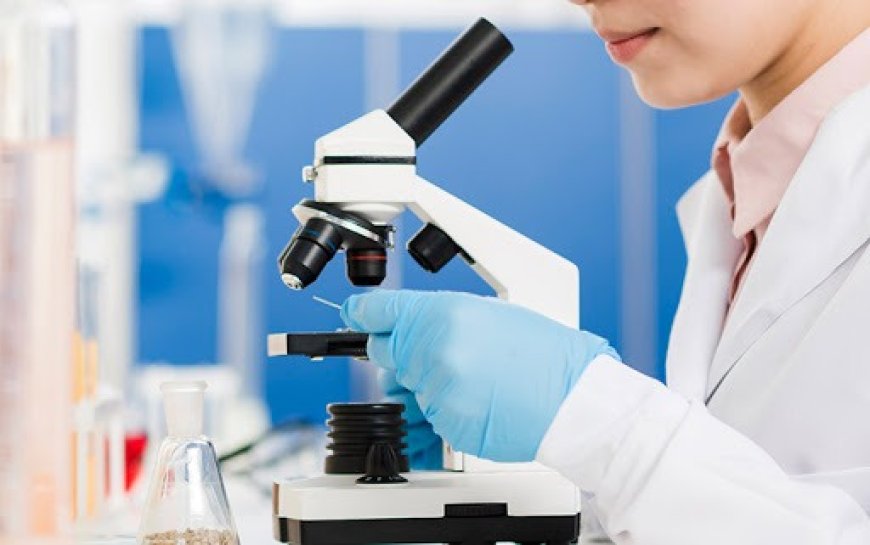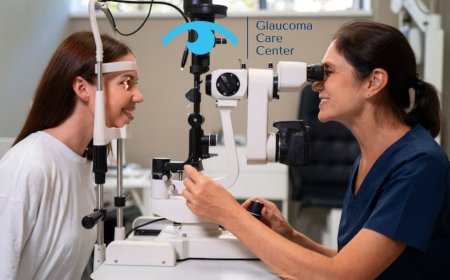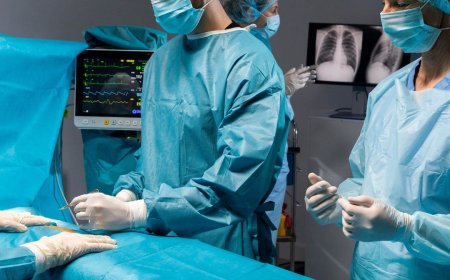Pathology Lab: Empowering Communities Through Accurate Diagnostics
From routine health check-ups to identifying infectious outbreaks, pathology labs contribute more to community well-being than most people realize.

In every community, health and well-being begin with awarenessand at the center of that awareness is the pathology lab. While hospitals and doctors may be the face of healthcare, pathology labs are its foundation, quietly working behind the scenes to detect, confirm, and monitor diseases before they become critical.
Accessible and reliable diagnostic testing through pathology labs plays a vital role in both individual care and public health management. From routine health check-ups to identifying infectious outbreaks, pathology labs contribute more to community well-being than most people realize.
The Role of Pathology Labs in Community Health
A pathology lab serves as a health surveillance hub for individuals and communities alike. These labs process thousands of samples daily, analyzing blood, urine, tissues, and swabs to detect everything from minor deficiencies to life-threatening illnesses.
In densely populated or rural areas, pathology labs are often the first line of defense. A sudden increase in positive dengue or malaria cases, for example, helps local health authorities act quickly to contain outbreaks. Similarly, during the COVID-19 pandemic, pathology labs were instrumental in identifying infections and managing containment efforts.
Everyday Services Offered by Pathology Labs
Most people associate pathology labs with blood tests, but their services span much wider:
-
Routine Health Screenings Blood sugar, cholesterol, thyroid, liver and kidney function tests
-
Infectious Disease Testing Tuberculosis, hepatitis, malaria, COVID-19, and more
-
Cancer Detection Pap smears, biopsies, tumor markers, and cytology
-
Pregnancy & Fertility Tests hCG testing, hormone levels, and prenatal screenings
-
Geriatric Panels Tests designed to monitor age-related conditions
These labs serve every stage of life, from prenatal care to geriatric monitoring.
Bringing Diagnostics Closer to People
Modern pathology labs have evolved from traditional walk-in centers to tech-enabled diagnostic hubs. Many offer:
-
Home Sample Collection Beneficial for elderly, disabled, or rural patients
-
Digital Reports Instant access through mobile apps or email
-
Affordable Health Packages Preventive care for chronic diseases
-
Community Health Drives Camps and awareness initiatives for free or discounted testing
This convenience encourages more people to get tested early, often resulting in early intervention and better health outcomes.
Importance of Accreditation and Standards
Not all labs offer the same quality. Choosing a certified and accredited pathology lab (such as those approved by NABL in India) ensures that samples are processed accurately, reports are reliable, and patient safety is prioritized. Accredited labs follow strict protocols, use standardized testing methods, and continually train their staff to keep up with the latest medical standards.
Final Thoughts
A pathology lab is more than a medical facilityits a community health partner. By offering reliable, affordable, and accessible diagnostic services, pathology labs empower individuals to take control of their health and enable communities to respond to health threats effectively. Whether youre managing a chronic illness or simply getting your annual check-up, the journey to good health often begins at a pathology lab.






































